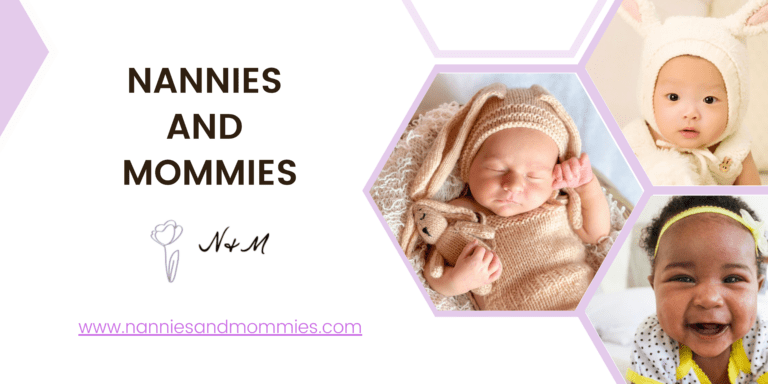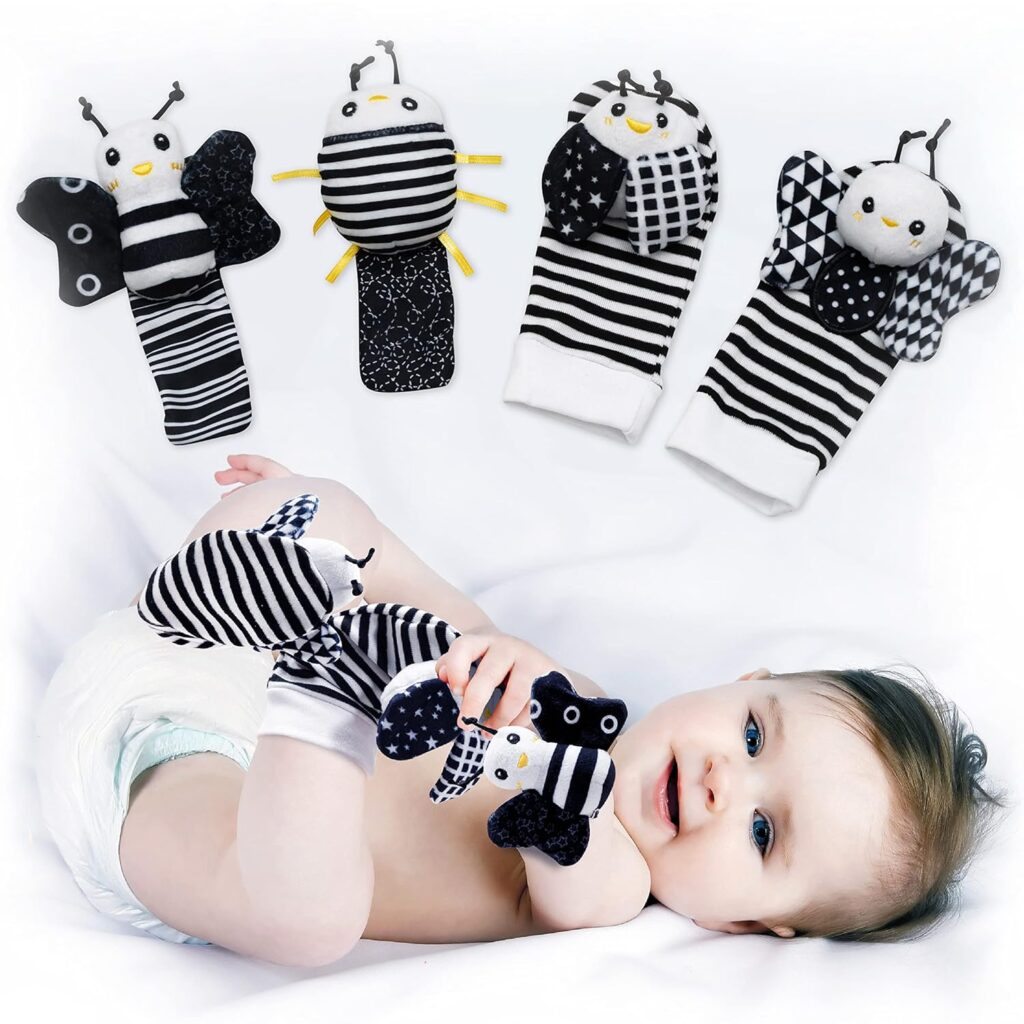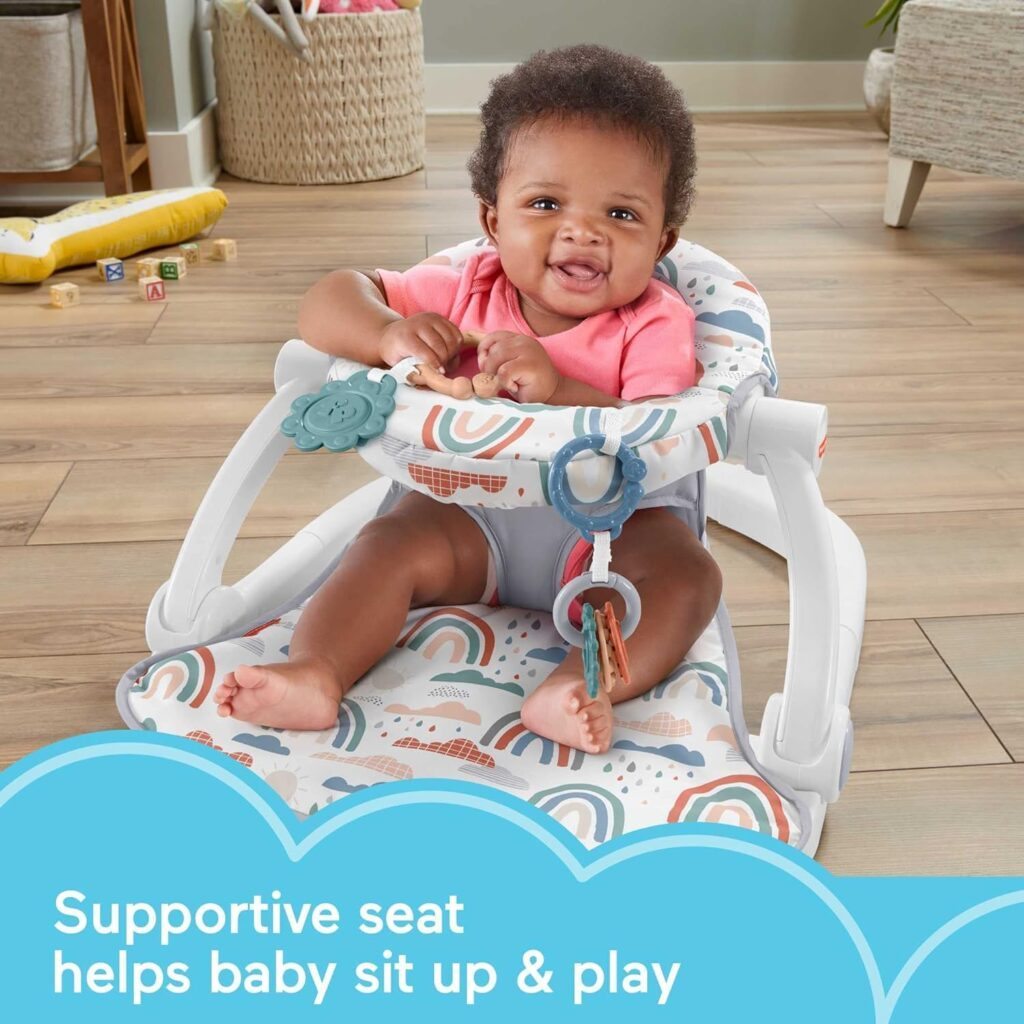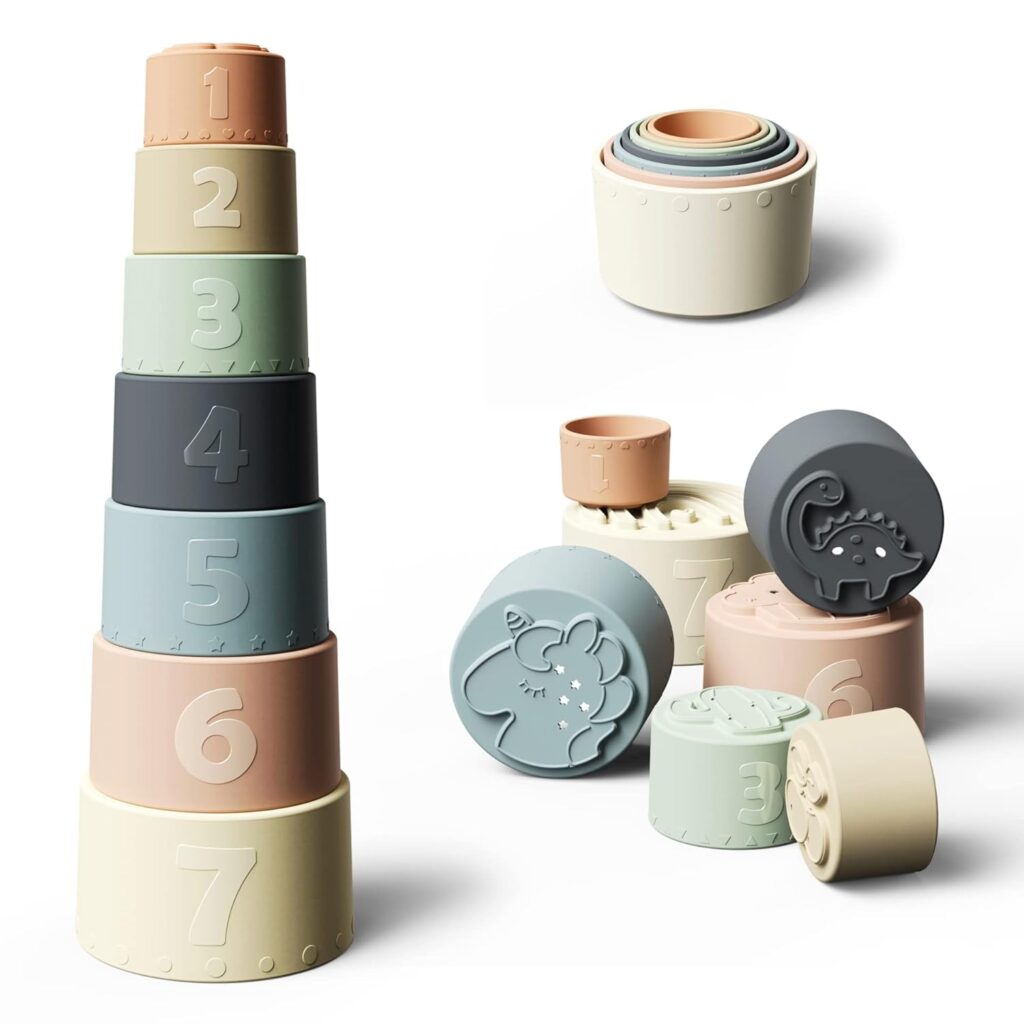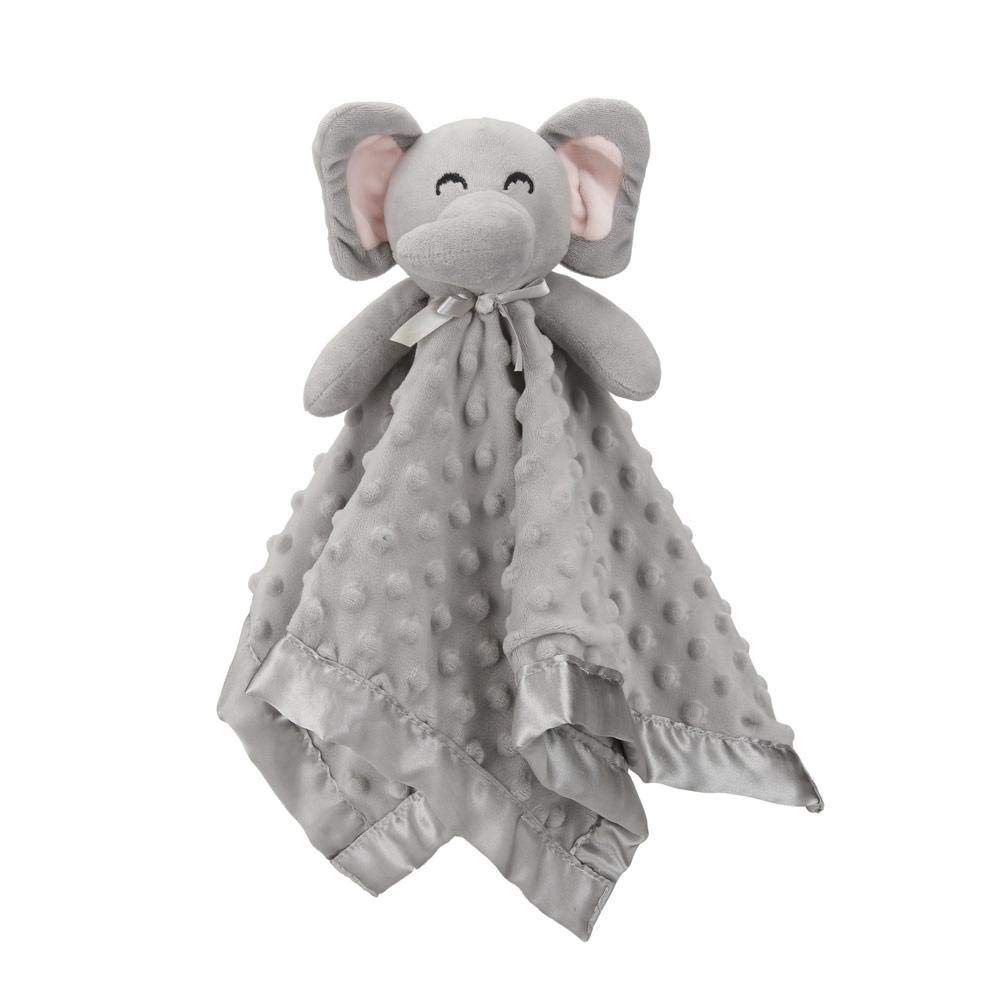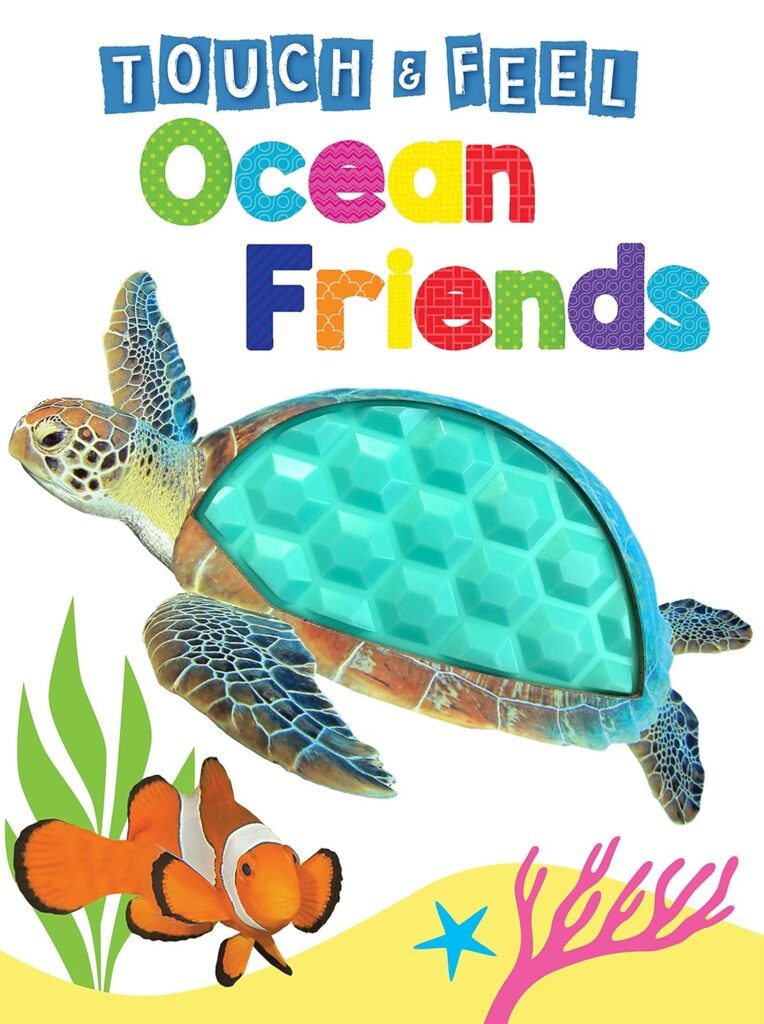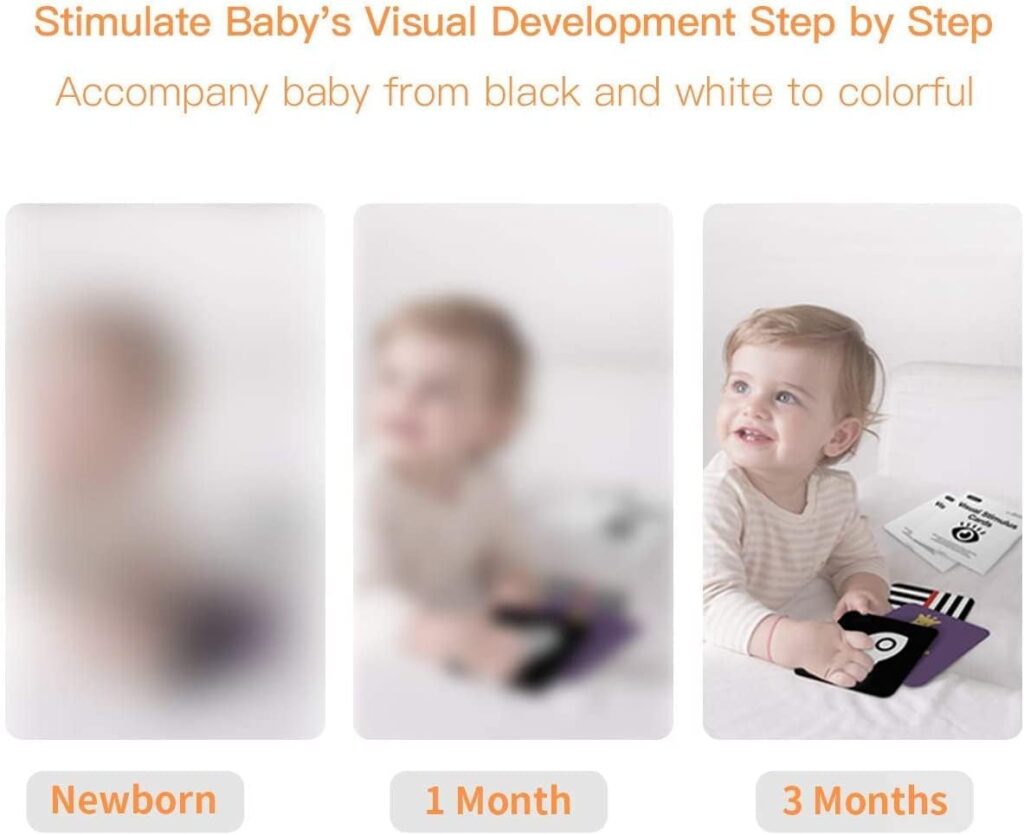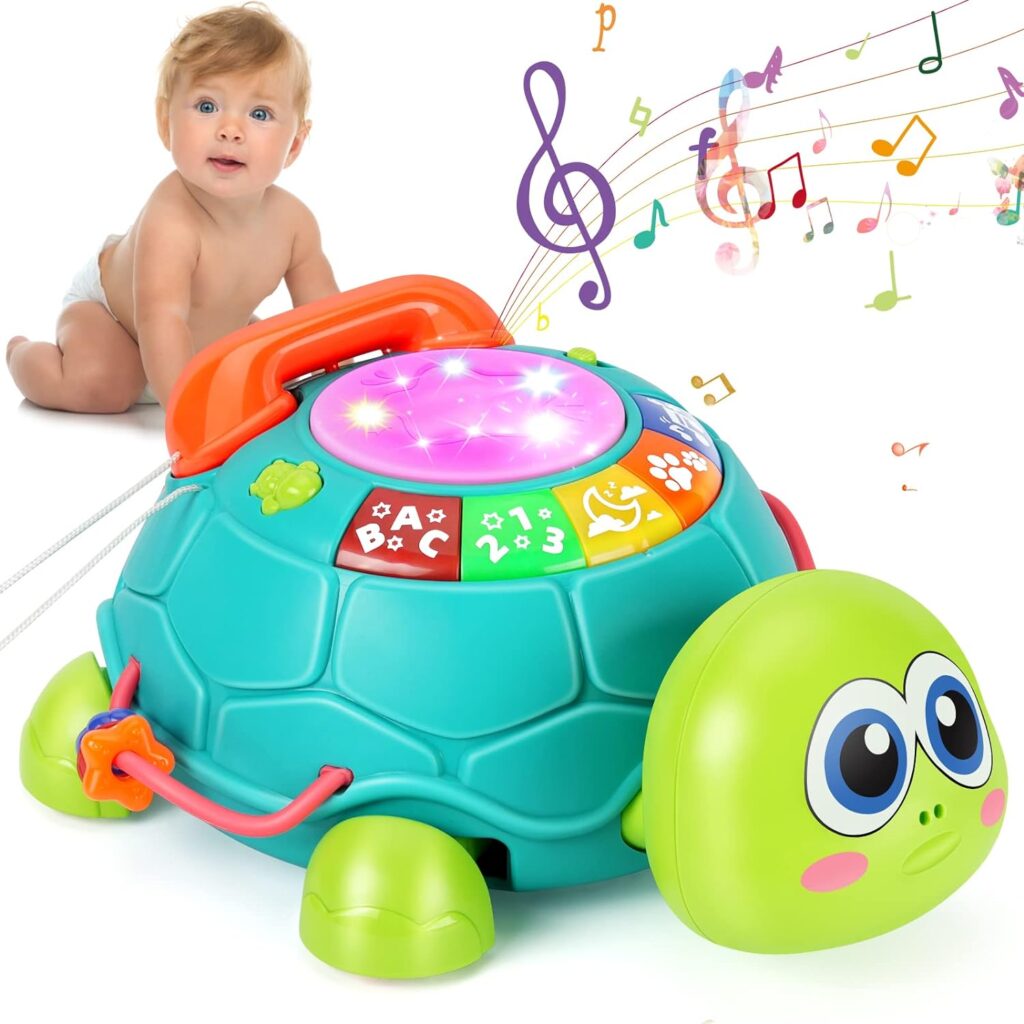From the moment babies can focus, they are sponges, absorbing information about the world around them. Engaging in baby games tailored to their developmental stage not only stimulates their senses but also fosters essential cognitive, motor, and social skills. As babies navigate through a universe of colors, sounds, and textures, they are building the foundation for a lifetime of learning and discovery. Let’s categorize some fun and engaging activities to stimulate your baby’s growth.

Sensory Play
- Tactile exploration: Encourage your baby to explore different textures through touch. Allow babies to discover the wonders of touch, from soft blankets, crinkly paper, silky scarves, and rubber toys can all stimulate a baby’s sense of touch.
- Visual stimulation: Introduce bright colors and patterns to capture their attention. Spark their curiosity as they focus on different objects. Babies respond well to high-contrast patterns, like black and white stripes or checkerboards.
- Auditory experiences: Play music, sing songs, and make different sounds. Introduce them to the world of sound, helping them develop language skills and recognize familiar voices. Introduce different types of music, from classical to nursery rhymes.
Physical Development
- Tummy time: Strengthen neck and core muscles. Encourage your baby to lift their head by placing toys or colorful objects within reach.
- Sitting up support: Encourage upright posture and balance. Use pillows or a supportive infant seat to help your baby sit upright while providing support. Add stimulating toys for engagement.
- Crawling and cruising: Promote mobility and exploration with baby games. Create a simple obstacle course with pillows or blankets to challenge your baby’s crawling skills.
Cognitive Development
- Object permanence: Teach your baby that objects still exist even when hidden. Hide a toy under a blanket or in a box and encourage your baby to find it.
- Cause and effect: Show how actions lead to reactions. Show your baby how to make a toy squeak, move, or roll.
- Problem-solving: Encourage your baby to figure things out independently. Provide stacking cups for your baby to experiment with building and knocking down.
Social and Emotional Development
- Peek-a-boo: Foster social interaction and emotional connection. Let your baby take turns covering their own face or hiding behind a blanket.
- Imitation games: Encourage emotional development and bonding. Clap, wave, or blow kisses and encourage your baby to copy you.
- Turn-taking: Introduce the concept of sharing and waiting. Passing toys: Take turns passing a toy back and forth.
Tactile Play
- Touch and feel books: fabrics, rubbery surface, and silky ribbons. Allow your baby to explore various textures with their hands.
- Water play: Introduce your baby to water play safely in a bathtub or with water toys. Show your baby how splashing, pouring, and sinking toys create different effects.
- Messy play: Let your baby explore different substances like oatmeal, pudding, or shaving cream. You can put it on their tray and let them explore.
Visual Stimulation
- Black and white cards: Use high-contrast cards for newborns to stimulate vision. Talk to your baby about what you’re doing and point out the different shapes and patterns.
- Colorful toys: Introduce bright colors to capture your baby’s attention. Name the colors and have baby engage with the toy.
- Light play: Shine a flashlight on different objects to create shadows and patterns.
Auditory Experiences
- Music and songs: Sing lullabies, nursery rhymes, and play different types of music.
- Sound toys: Introduce rattles, bells, and other noise-making toys.
- Nature sounds: Play recordings of birds, rain, or ocean waves.
As your baby grows and develops, playtime becomes an increasingly important part of their learning journey. Engaging in interactive baby games not only stimulates their senses and motor skills but also fosters cognitive development, emotional bonding, and social skills.
Disclosure: We use affiliate links to earn a small commission. If you choose to purchase something through one of these links, there is no cost to you.
